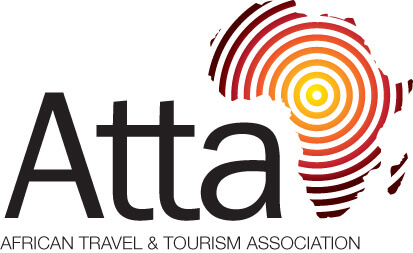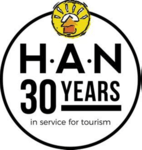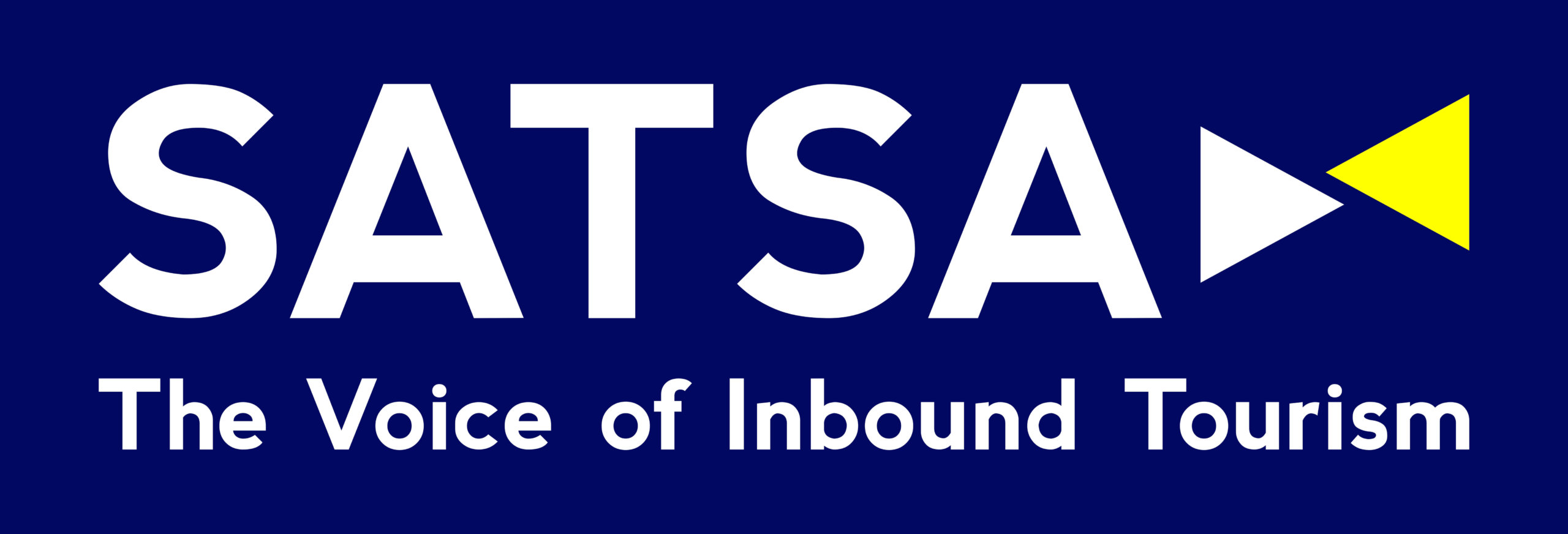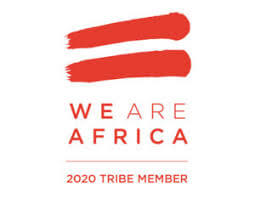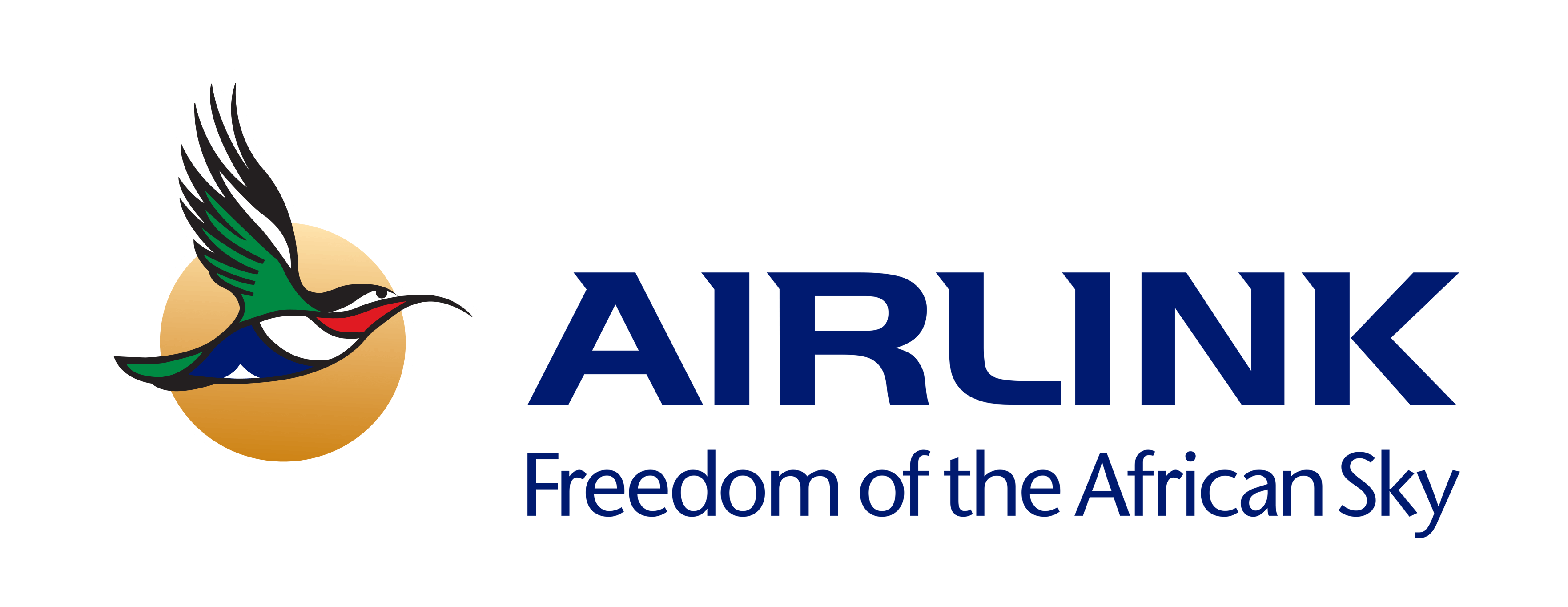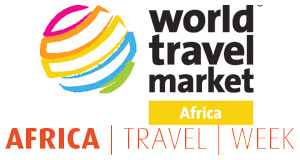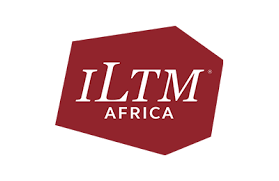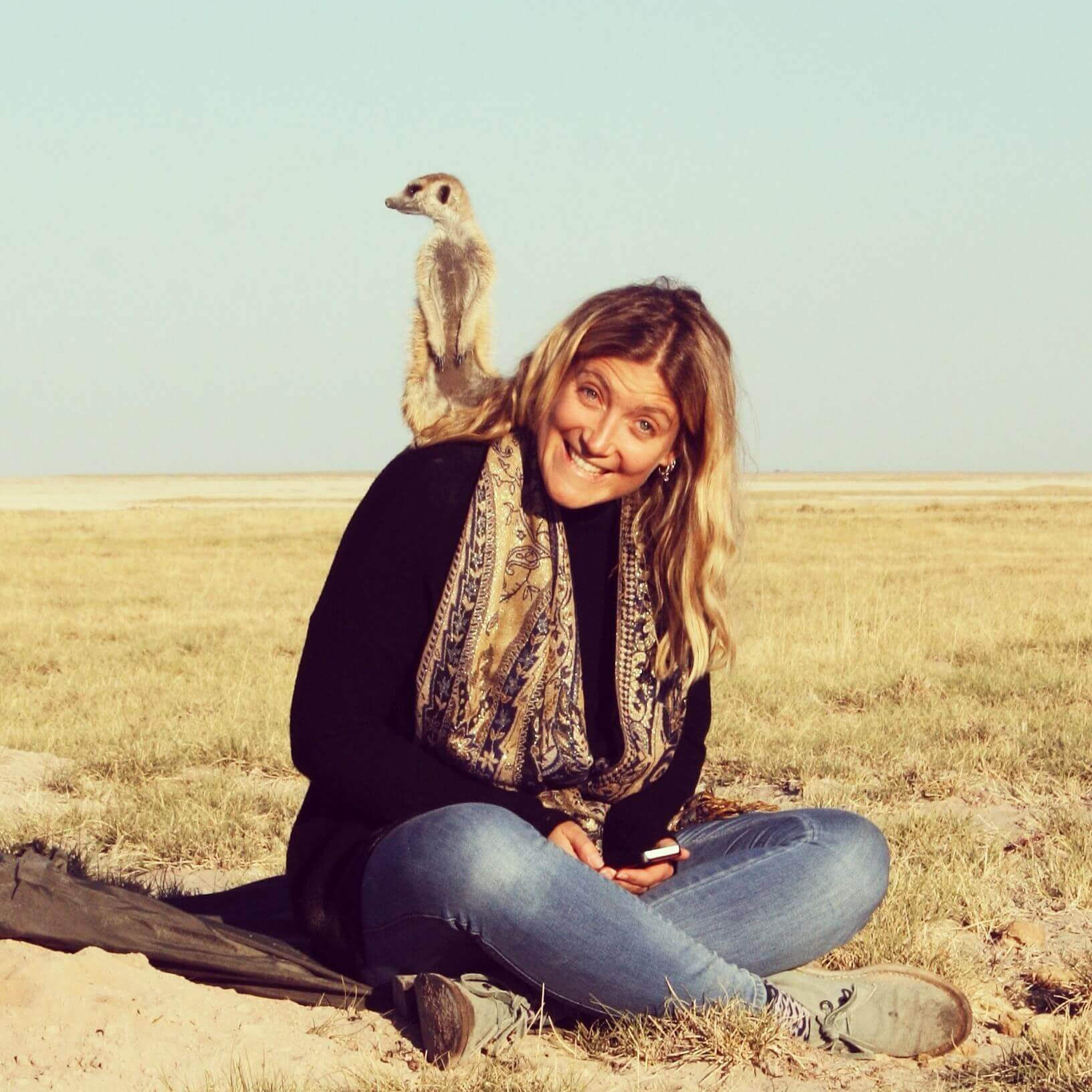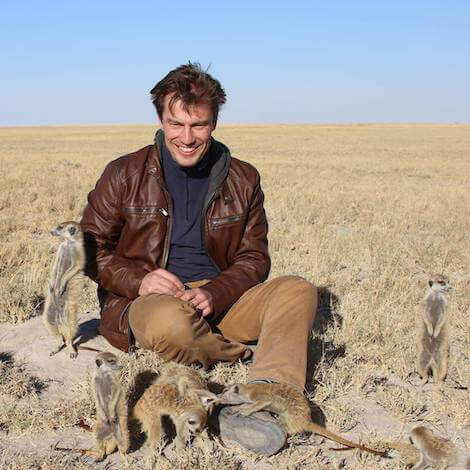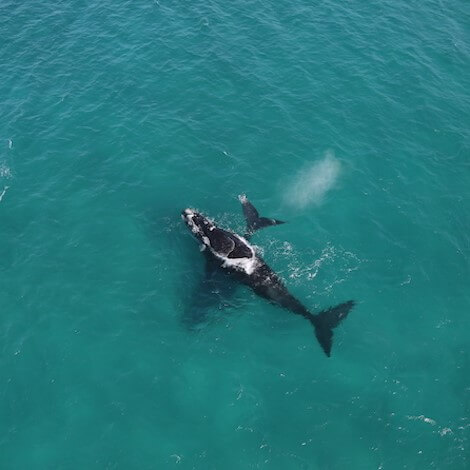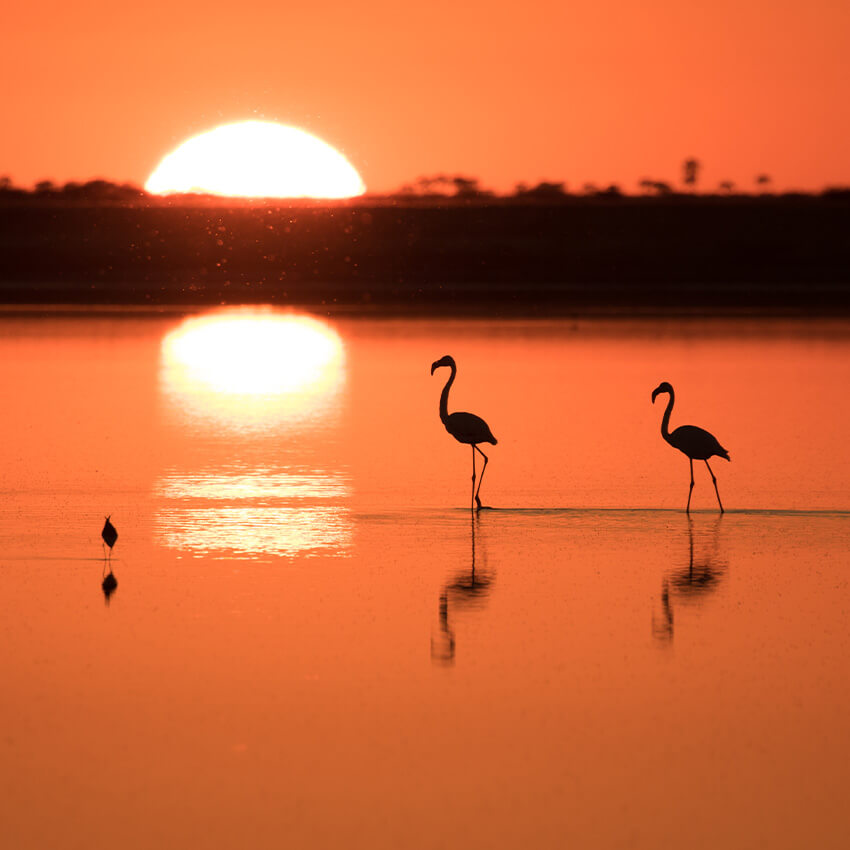This Is The Hour
 Pru Allison
Pru Allison
 March 28, 2018
March 28, 2018
Here at Natural Selection, we’re in business to protect the wild places that we love, and a large part of that involves limiting our environmental impact – that’s why we have conservation and environmental teams on the ground ensuring that the areas we operate in are pristine, and it’s also why we give 1.5% of turnover (not mere profit) directly to conservation.
It’s equally important to us to recognize large scale efforts such as Earth Hour, and that’s why last week saw camps plunge into darkness for this noblest of causes.
Climate change is a very real problem, and as referenced in our previous blog Climate Change Is Coming in which we considered its effect on the African wild dogs who inhabit the Miombo Woodland, it’s one whose effects will reach far across the globe. That includes those corners of Africa that we hold so dear.
Many of our camps, such as Meno A Kwena run entirely on solar, with a back up generator in case of continued cloud – here even the food is off the grid, and is cooked over an open fire, so our footprint is minimal, but we still like to support a cause, and that’s why the Natural Selection camps stand with Earth Hour in reducing electricity usage.
“We turned off the generator and inverter system for the hour so guests were able to enjoy dinner by paraffin lights,” explains Warren Stone, operations manager at Uncharted Africa. It was a particularly momentous occasion for Jack’s Camp which will soon be going completely solar.
But what is Earth Hour, and how can it make a difference? We tracked down the founder of the initiative, Andy Ridley who’s currently working on a new project focused on the Great Barrier Reef (citizensgbr.org), to get some answers.
“Earth Hour was built around the simple idea that everybody can change the world they live in, whether that be a kid in a classroom or a CEO, and that we would need large scale activation to deal with the large scale issues confronting us at an environmental level – it was a first attempt to remind us all of the power we have collectively,” explains Andy. “I have always been convinced that (the concept) is powerful because it connects people, whether it is a neighbor talking to a neighbor or a city connecting to another city – it reminds people that we are interconnected and our actions and their consequences are interconnected.
Climate change is already having impacts on Africa’s wildlife and people and these effects are projected to increase as temperatures rise. Pressures on limited water sources are going to lead to more human-wildlife conflict. More extreme droughts and floods associated with climate change could push some species beyond their limits of survival. This will have major impacts on tourism and Africa’s economy. Earth Hour is a symbolic act that can lead to real change. All our actions add up.”
Image Credit: Joshua Perkins
Special Offers
Our special offers are designed to help you experience everything southern Africa has to offer whilst also saving some all-important pennies. Whether you’re about to embark on a once-in-a-lifetime solo trip, or are celebrating a special occasion, have a peek at our offers and see what could be in store for you.
